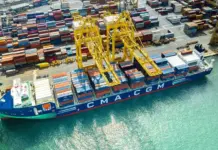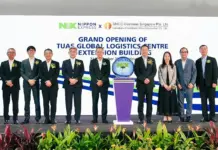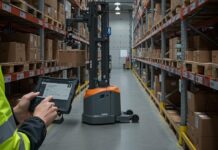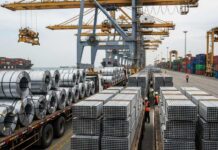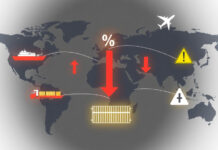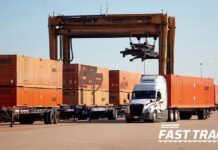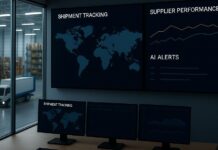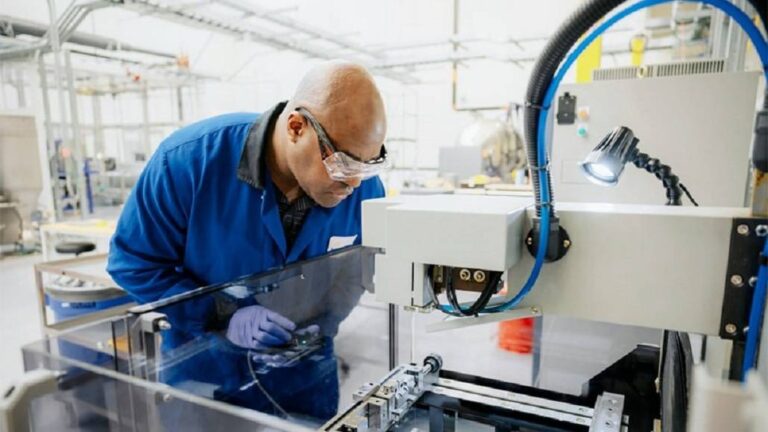
Apple secures rare earth magnet supply in a $500 million deal with MP Materials, addressing supply challenges after recent changes in China’s export policies. The agreement, disclosed on Tuesday, is a strategic victory for both firms—Apple bolsters its local sourcing prowess, while MP Materials secures a major commercial milestone.
This news comes as MP Materials, the owner and operator of the sole U.S. rare earth mine, inks a multibillion-dollar deal with the United States Department of Defense.
Through the agreement, Apple secures rare earth magnet supply that is completely free of China, the globe’s top producer. The move to stand behind U.S.-based magnet production is a proactive initiative on Apple’s part to counter long-term component shortages, analysts said.
“We’re in an era where executives are willing to pay a significant premium for a reliable supply chain. They don’t want stoppage,” said Gracelin Baskaran, director of the critical minerals security program at the Center for Strategic and International Studies.
Though a recent U.S.-China agreement resolved some of the rare earth trade issues, larger geopolitical tensions linger. These factors cause manufacturers to look more and more towards securing non-Chinese sources in order to bolster supply chain stability.
Apple will prepay $200 million for magnets to be shipped beginning in 2027 under the agreement. The companies did not reveal volumes or contract durations. The magnets will be made from recycled inputs—consistent with Apple’s long-term strategy of sustainability. Production will take place at MP’s Fort Worth, Texas, plant using inputs recycled at its Mountain Pass, California, mining complex.
“Rare earth materials are essential for making advanced technology, and this partnership will help strengthen the supply of these vital materials here in the United States,” said Apple CEO Tim Cook.
Bob O’Donnell, president of the market research firm TECHnalysis Research, said that Tuesday’s decision “makes complete sense” as Apple needs large quantities of rare earth magnets for its products.
He added, “Plus, by focusing on a U.S.-based supplier, it does help position Apple more positively in Washington.”
Apple stated that this move aligns with its broader $500 billion investment initiative in the United States. While President Trump previously criticised the company over the lack of U.S.-based iPhone production, many analysts note that reshoring smartphone assembly remains unfeasible due to labour costs and the global structure of the supply chain.
Although Apple did not mention specifically which of its products will utilise the magnets, MP observed that the deal spans parts for hundreds of millions of devices, suggesting broad use throughout Apple’s hardware ecosystem.
MP, which mines and processes rare earths, aims to have commercial magnet manufacturing running at its Texas plant by year’s end. The just-signed agreement with the U.S. government also has a floor price for rare earths to spur local investment—addressing chronic fears of unsustainably low prices from China.
By creating a reliable and China-free rare earth magnet supply, Apple not only enhances its production durability but also is contributing to a larger movement toward secure and sustainable materials sourcing in the U.S. industrial system.




